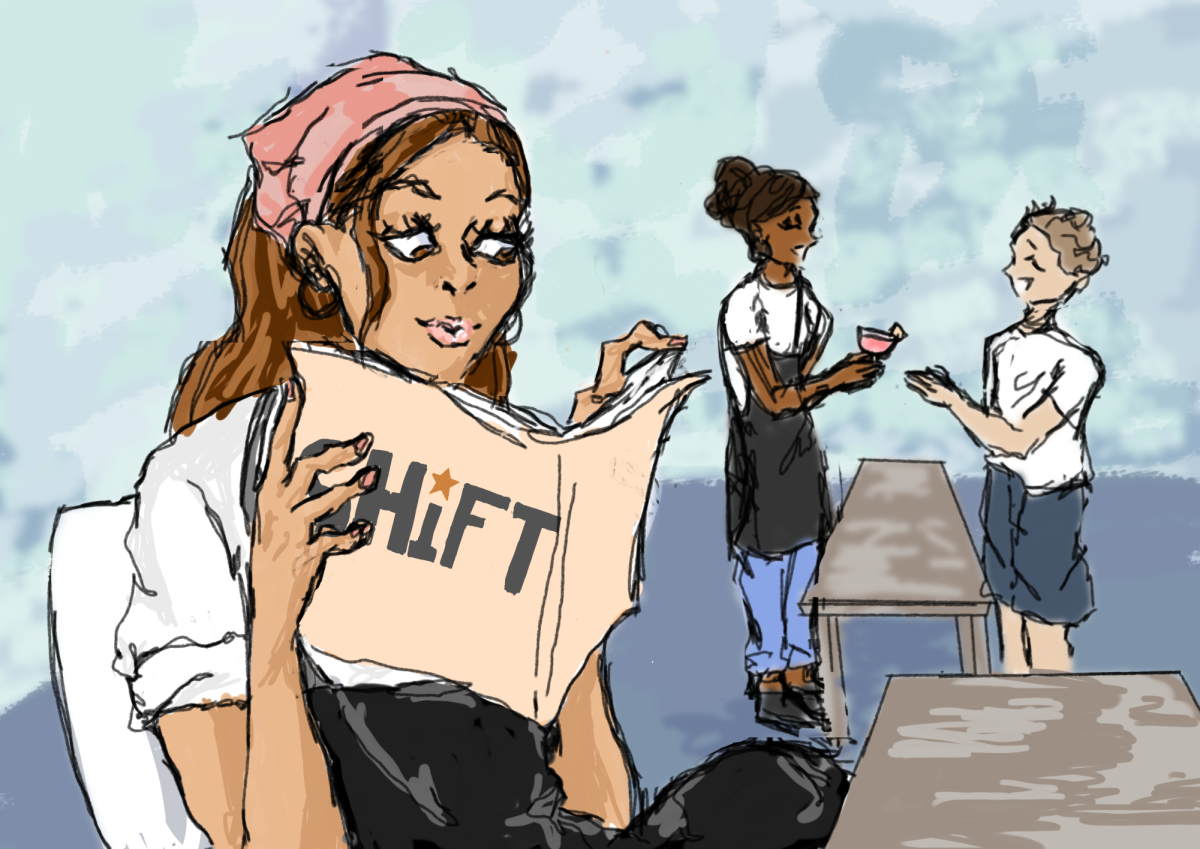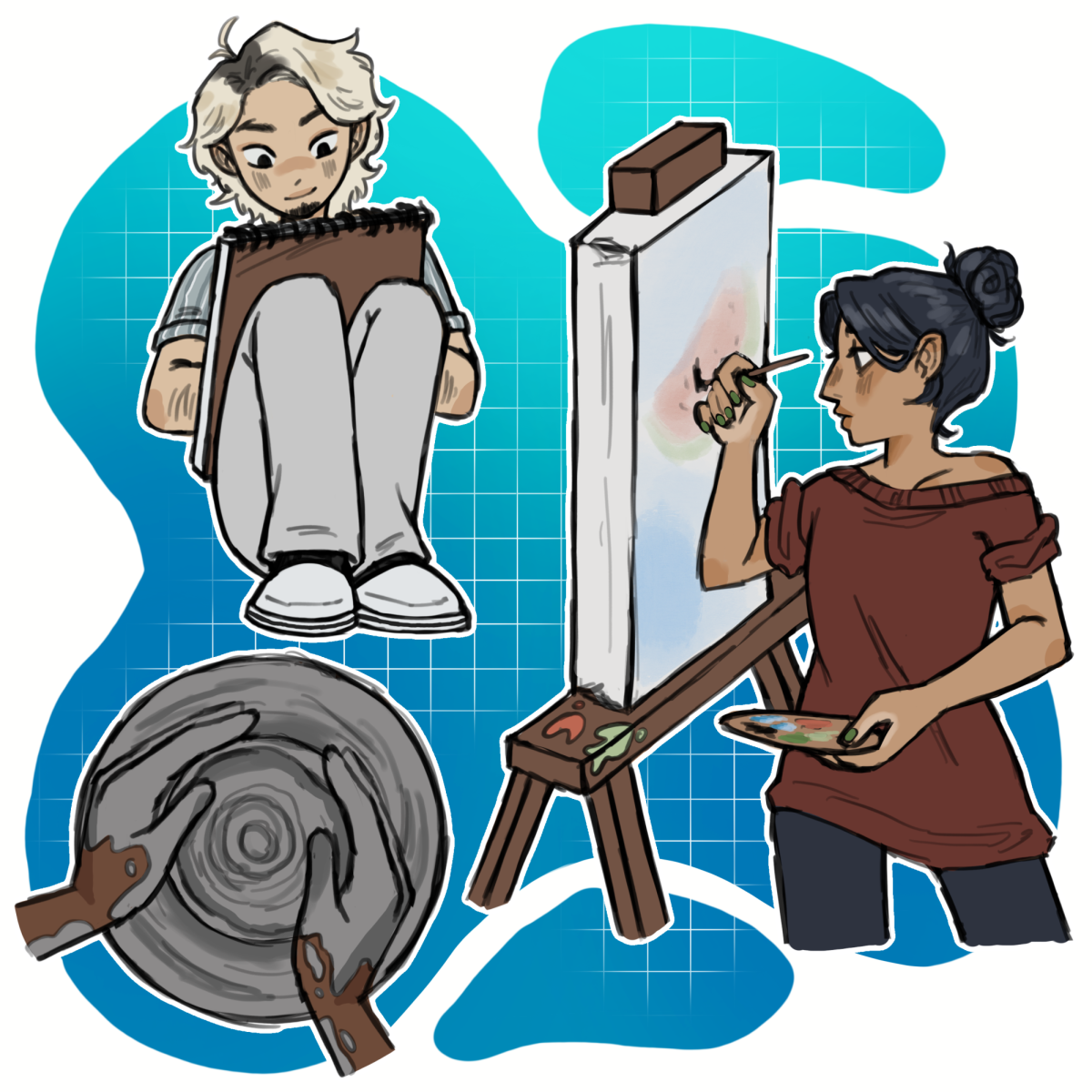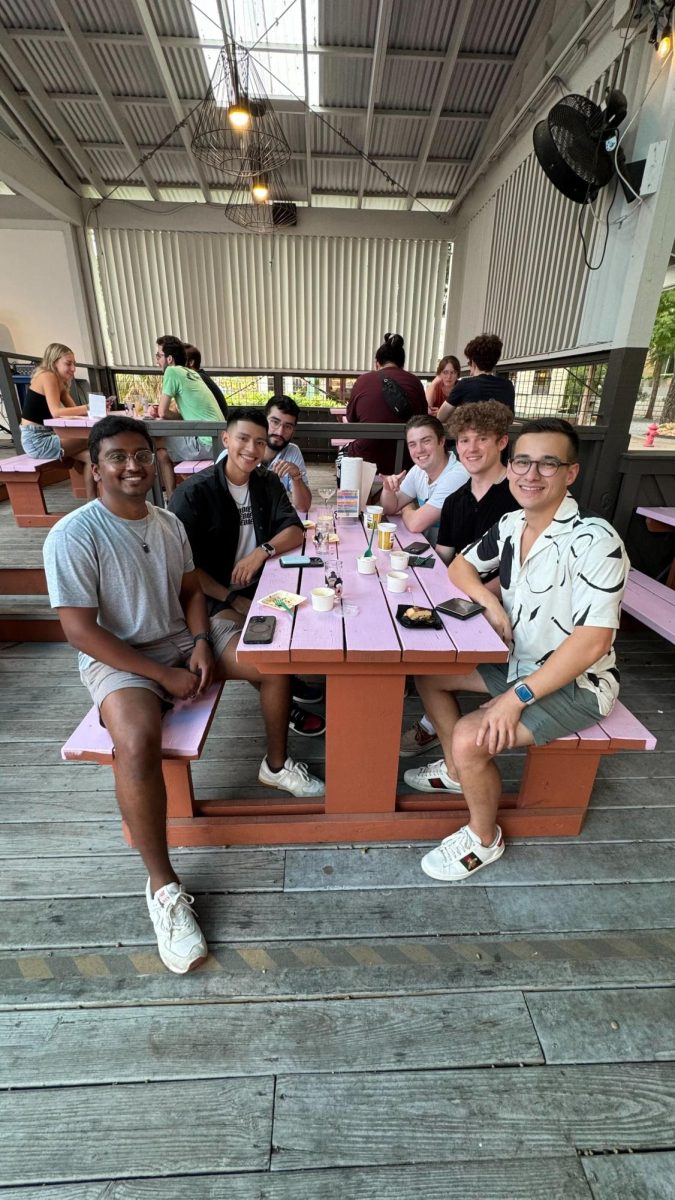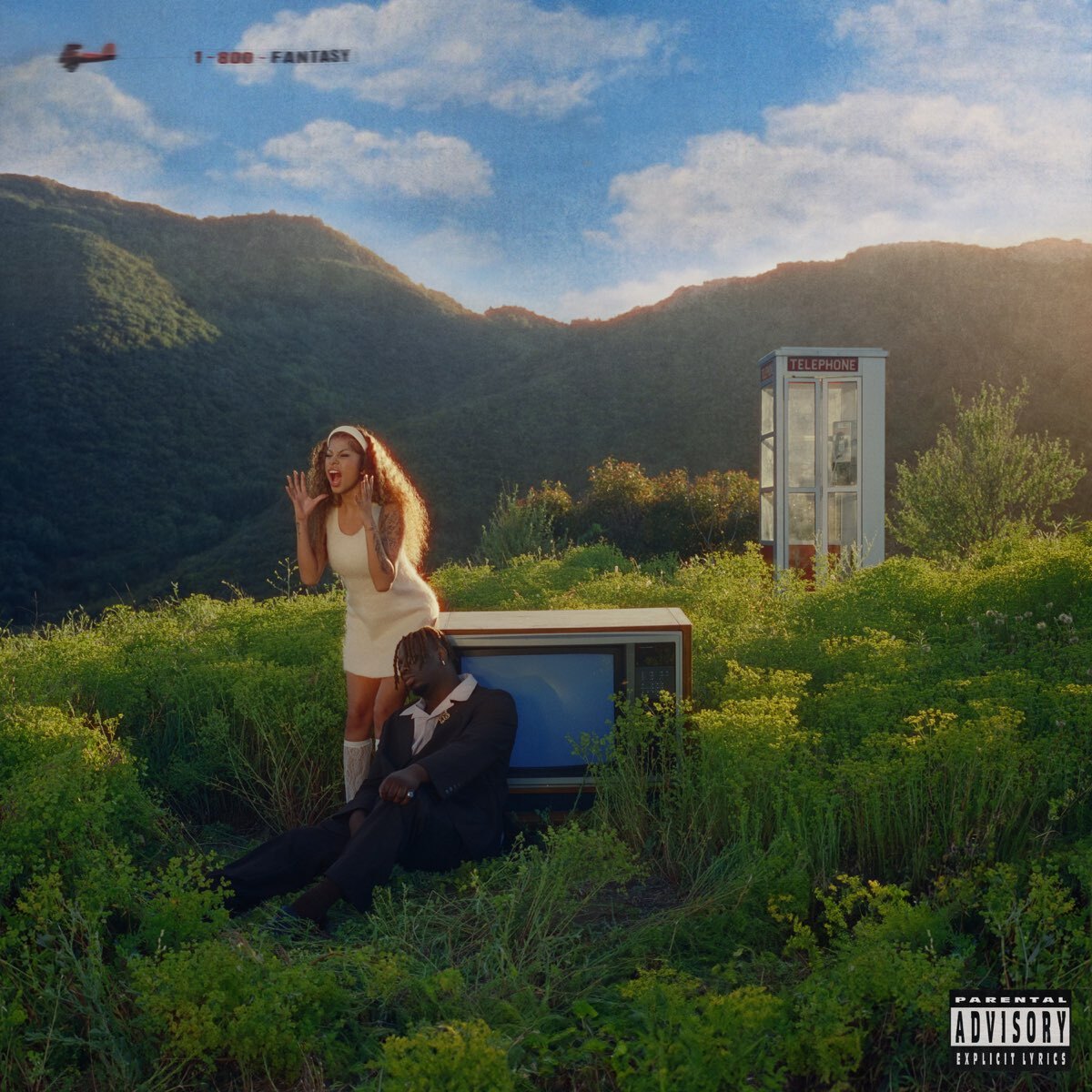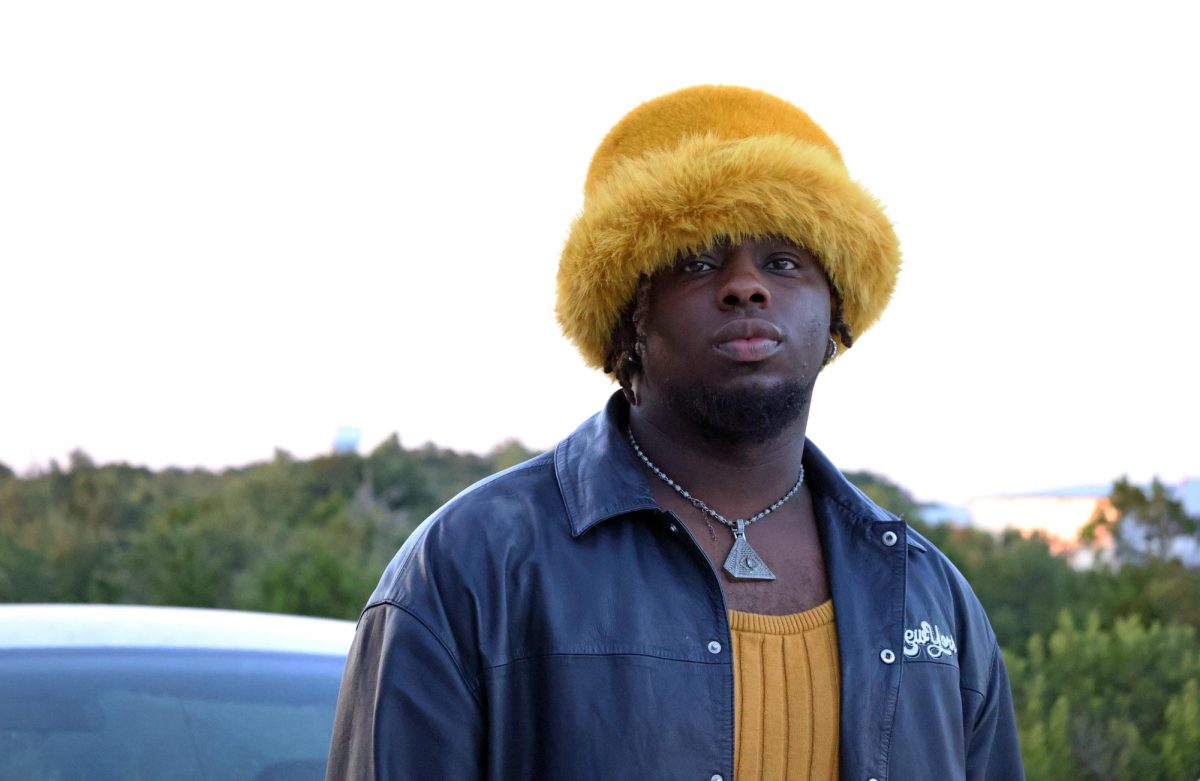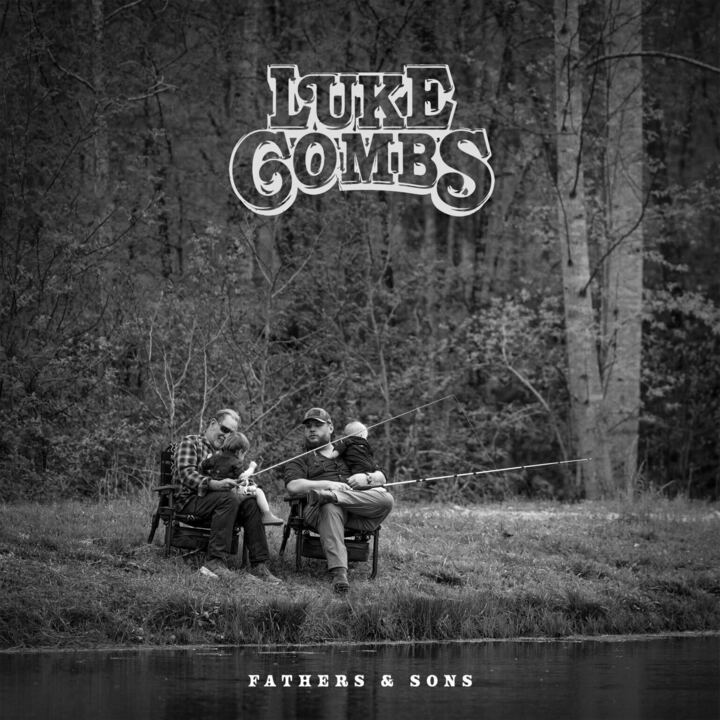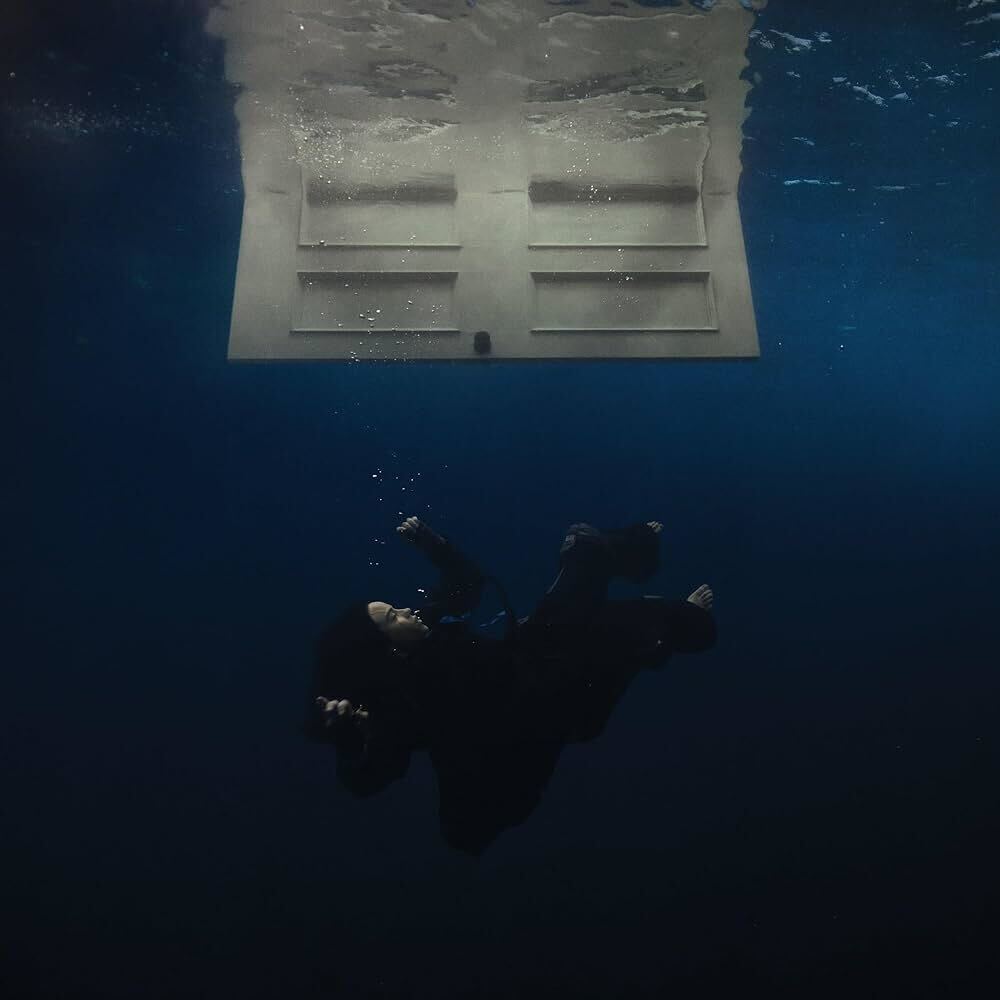Atmosphere, the peerless independent hip-hop duo comprised of MC Slug (Sean Daley) and producer Ant (Anthony Davis), have reestablished their legacy once again. Their most recent album, The Family Sign, dropped last month as one of their most fully realized, streamlined and focused albums to date.
Ant, specifically, chose to go the more restrained route and found himself crafting genuine love songs with sparse arrangements — ballad-ready piano, slide guitars, single drum arrangements. Ant’s production, coupled with Slug’s never-ending stream of witticisms and ruminations, made The Family Sign a far cry from the rough, raw dynamic of their 1997 debut, Overcast!.
The Daily Texan spoke with Slug via phone about The Family Sign’s hidden messages, dealing with criticism and why he has been disappointed lately with his indie rap peers.
The Daily Texan: Hi, Slug, how are you doing today?
Sean Daley: I’m good, man. I’m on the back of a tour bus in Asheville, North Carolina, handling responsibilities.
DT: My first question is about your latest album, The Family Sign, which was released a couple of weeks ago. Can you tell me a little bit about what was going through your mind as you recorded it? I get the feeling that it’s a little gloomier than your typical Atmosphere record.
SD: I don’t know, man, that sort of thing is hard for me to tell, because every time I make a record, to me, these songs are just about shit I think about all the time. I don’t see huge changes between each record, and yeah, I can try to step outside of it and see it from everyone else’s perspective, but still. We’re trying to be different, taking what we learn from each record and applying it to the next one. I don’t really hear this record as being gloomy, but it’s definitely a little bit of a quieter album than we’ve made in the past. It’s a little more introspective, too. But then again, that’s just a sign of where we are in our lives right now. It’s called The Family Sign, which indicates we’re making music for our family on this album.
DT: A lot of reviews of the album have pointed out how mature your lyricism and sound has become on The Family Sign, but I feel like that makes it seem like Atmosphere’s older music wasn’t mature or was cheap. How did you take that retroactive criticism?
SD: I know that I would never self-proclaim that I’m mature — my wife would laugh at that but I guess I could see why people would say that about the record. I wouldn’t argue over a review, anyway; people see and take things differently. I’m cool with that because that’s how it works. I would never say we attempted to communicate maturity; I think we’re pretty much guilty of doing what we are trying to do, though. Depending on what Anthony has going on in his head, musically, and what I have going on, lyrically. All of these songs are also products from last year, it’s a glimpse into me and my perspective and my moral compass right now. So yeah, like I said, I wouldn’t argue with anybody calling it mature because that’s their interpretation. I used to write reviews for a few different music magazines in the day, and I know how difficult it is to try and explain what a record is in 200 words, and I would hate to explain an Atmosphere record in 200 words.
DT: I don’t know if I’m being off-base here, but I feel like there are a lot of anti-cocaine references on the album as well. What sparked that?
SD: Myself, I take a hard-line stance against coke and pharmaceuticals. Truth be told, I don’t mind if you wanna get high. But my problem with coke and pharmaceuticals is that the popularity is growing exponentially, and with those particular drugs, you’re fucking up everybody’s life, your family’s life. But cocaine, especially. If people did a little research about where it comes from and how it gets from the field to your nose, about the child slavery involved, it might be a different story.
DT: You mentioned being OK with people getting high — are you for the legalization of certain drugs? Marijuana?
SD: I don’t think I’m educated enough to have a hard-line position about the legalization of marijuana. On the one hand I think it’s ridiculous that there’s people in jail for marijuana, but on the other hand we could probably make a lot of money and put that toward, say, education. That would be a beautiful thing, wouldn’t it? But if you legalize it and put it out of the hands of the individuals who control it right now, there might be a huge drop in quality. Truth be told, marijuana is a micro-economy in the U.S. right now. Eventually, we’re going to have to choose the lesser of two evils. I’m definitely for the decriminalization of marijuana but I don’t want Camel to start selling it at the corner store, you know?
DT: Going back to the album, I was surprised to see that “She’s Enough” was sort of the antithesis to the anti-“Lucy” songs you’ve done in the past. What was the reason for the optimism?
SD: I got away from Lucy in 2003, because it was no longer a thorn in my side. Lucy was never about a woman, really, and I was just having fun messing with the idea of who the protagonists or antagonists are in certain relationships. It was just my style of writing. I wanted to write about the war in Iraq, for example, but I don’t wanna be preachy, so I cloak that, covertly, in Lucy. Lucy was always a lot about being an alcoholic, and once I got over that, I pretty much stopped writing about Lucy. When I wrote “She’s Enough,” I wasn’t trying to celebrate women necessarily, but I was trying to write about celebrating what you love. Artists like me tend to write songs like they’re complaints. And I wanted to do something different and celebrate what we love. I kept that song very surface-level, I didn’t want to get too deep because I didn’t want to go over anybody’s head and write something that was too obtuse or cryptic or pretentious. It’s definitely a far stretch from when I was writing about my codependency and issues in life. But this song is an ode to what I’ve done, celebrating the fact that I’m fortunate enough to still be here.
DT: That’s pretty much everything I had to ask, and I really appreciate you taking the time to speak with me, Slug. Any last comments or shoutouts you want to make?
SD: Actually, yeah. I haven’t told anyone this yet, but I feel like this needs to be addressed. I’ve been reading a lot of reviews of the record, and I keep hearing about how “Bad Bad Daddy” is about a belligerent parent, but that song is more of a criticism about my peers right now. Not so much my peers, even, but all the indie rappers that came out of my balls — they’re like my “children.” But it’s also expressing disappointment about the indie rap scene and it just sucks, because we created a community about sharing good vibes and sharing information among one another, and it’s turning into a thing that’s just, you know, “Hey, can I get some coke? Can I get some molly?” You know what I mean? That song is just my way of expressing how disappointed I am with these indie rappers. Anyway, thanks for your time. Hope you enjoy the show.





